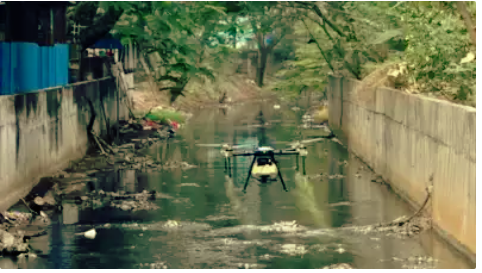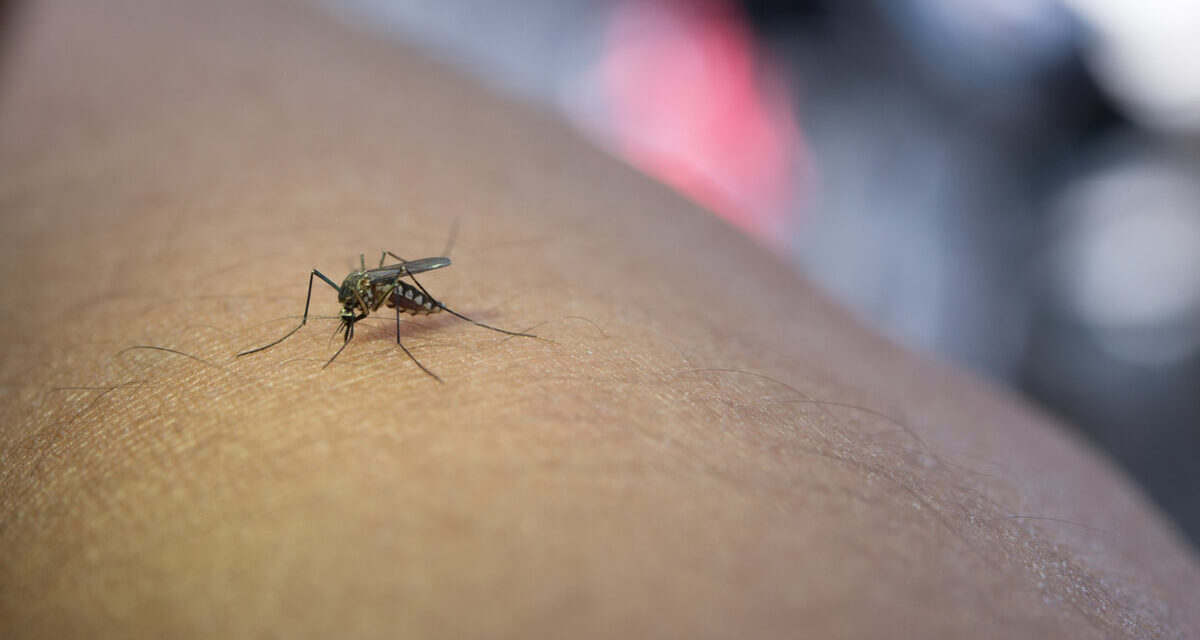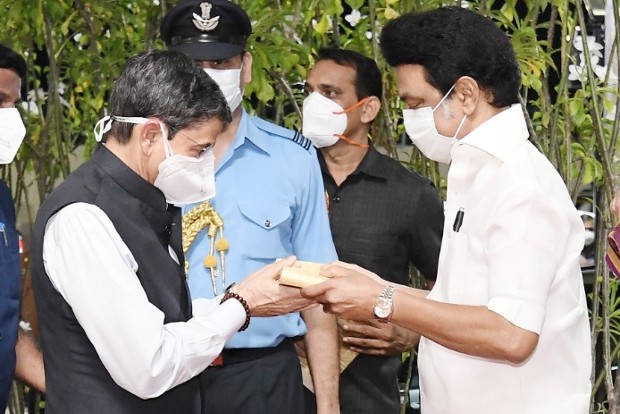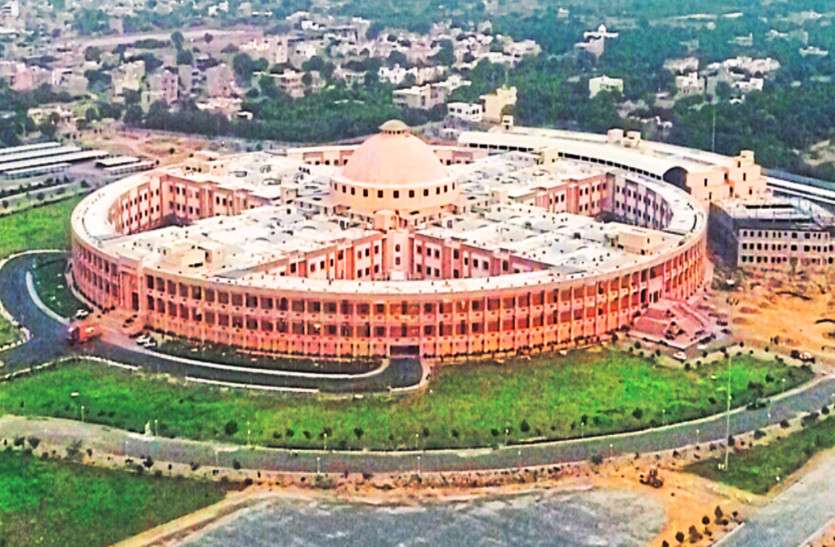Complaints can be heard across chennai platform on two factors where gretaer chennai corporation found going at snail pace according to residents the one is pathetic road conditions and another is sudden increase of mosquito menace
Chennai has more number of culex mosquito which grow in sewage water, drains, canals compared to aedes mosquitoes which grow in freshwater, say civic officials. Culex mosquitoes have been found to be prevalent along the Buckingham Canal
Chennai has more number of culex mosquitoes which grow in sewage water, drains, canals compared to aedes mosquitoes which grow in freshwater, say civic officials.
Culex mosquitoes–which can cause West Nile virus, Japanese encephalitis– have been found to be prevalent along the Buckingham Canal. “The problem is we have 247 km of waterways in Chennai which are highly polluted so it has become a habitat for culex,” said S Selvakumar, chief vector control officer of GCC. The corporation purchased six drones three months for spraying anti-larvae chemicals along all the waterways. Earlier the GCC used to rent these drones.
The Chennai city is experiencing one of the worst mosquito menaces seen in recent years and the Greater Chennai Corporation (GCC) is using six drones and 10 boats to spray larvicide in canals and water bodies, civic body officials said.
More than 3,000 civic staff have fanned out across the city to undertake mosquito-control measures such as fogging operations along streets, drains and using amphibious and robotic excavators to remove hyacinth and stagnated water, the officials said.

But polluted waterways have always been a problem in Chennai so why is that the city is currently seeing a severe mosquito menace since December which was not the case during the previous years?
GCC officials say that it is due to Chennai’s minimum temperature hovering between 21 and 24 degree celsius. The mornings are misty and the nights are chilly.
“It’s like we are in the winter season this year. It was not like this in the previous years,” Selvakumar said. “When temperature increases, mosquitoes will dehydrate and die. The low temperatures now are increasing the longevity of the mosquitoes.”
People are worried of being affected with vector-borne diseases such as dengue, chikungunya and have flooded the corporation with complaints. Data to show the prevalence of vector-borne diseases are not public and the corporation did not share the number of complaints that they have received. “About 10 days ago, the complaints were enormous. It was more than what we usually receive during the monsoon season but the complaints have started reducing in the past week,” said a senior civic official.
Last week, GCC completed fogging the entire stretch of Chennai’s storm water drains which is 2100 km after finding that adult mosquitoes were resting here.
Workers are using 68 vehicle mounted fogging machines and carrying 240 hand-held fogging machines to kill adult mosquitoes. Chennai Mayor R Priya on Thursday inspected workers using mosquito repellent balls along narrow canals. Officials have also instructed residents to clear stagnant water which is also a source for mosquito breeding.
GCC’s vector control officer also pointed out that there has been a delay in opening the river mouth of Chennai’s two rivers Adyar and Cooum which is controlled by the Public Works Department.
“Only February 15 they opened the sand barriers which connect the Cooum to the Bay of Bengal,” he said. “When sea water enters the river–and it can enter up to 8 km–the salinity increases and washes away the larvae in the river. If this is done daily, the larvae in these rivers will automatically get flushed out.”
Several residents have not been able to open their doors and windows especially in the evenings due to the infestation of mosquitoes.
Residents complaint GCC spending huge advertisment on tax collection but They every time GCC staffs come and carry out fogging but the the very next day mosquitoes keep coming back,”
A homemaker from T-Nagar, says ” mosquitoes were never a problem for their neighbourhood – till the past month or so. Since then, there is a swarm of mosquitoes, which is raising concerns among residents like her. “With children and elderly people at home, we are always worried about diseases spread by mosquitoes,” she said.
Taking all preventive measures including shutting the doors and windows by afternoon, ensuring that water does not stagnate in toilets and other parts of the house, and even getting a pest control team to spray pesticides in the area have not brought about any respite, added a Anna Nagar resident.
The family is among the scores who have lodged complaints with the Greater Chennai City Corporation. In February, the civic body received complaints in thousands of mosquito menace,
“People have been falling ill and our local doctor has told us to be careful because there have been several cases of dengue in our neighbourhood in the last one month.” complaits pour across 15 zones in Chennai corporation
Night temperature dips in postmonsoon months of January to March, creating a favourable environment for mosquito breeding. As the metamorphosis rate increases, the larva to adult stage speeds up, creating a mosquito menace situation, explained the official, adding that it would reduce as summer sets in.









